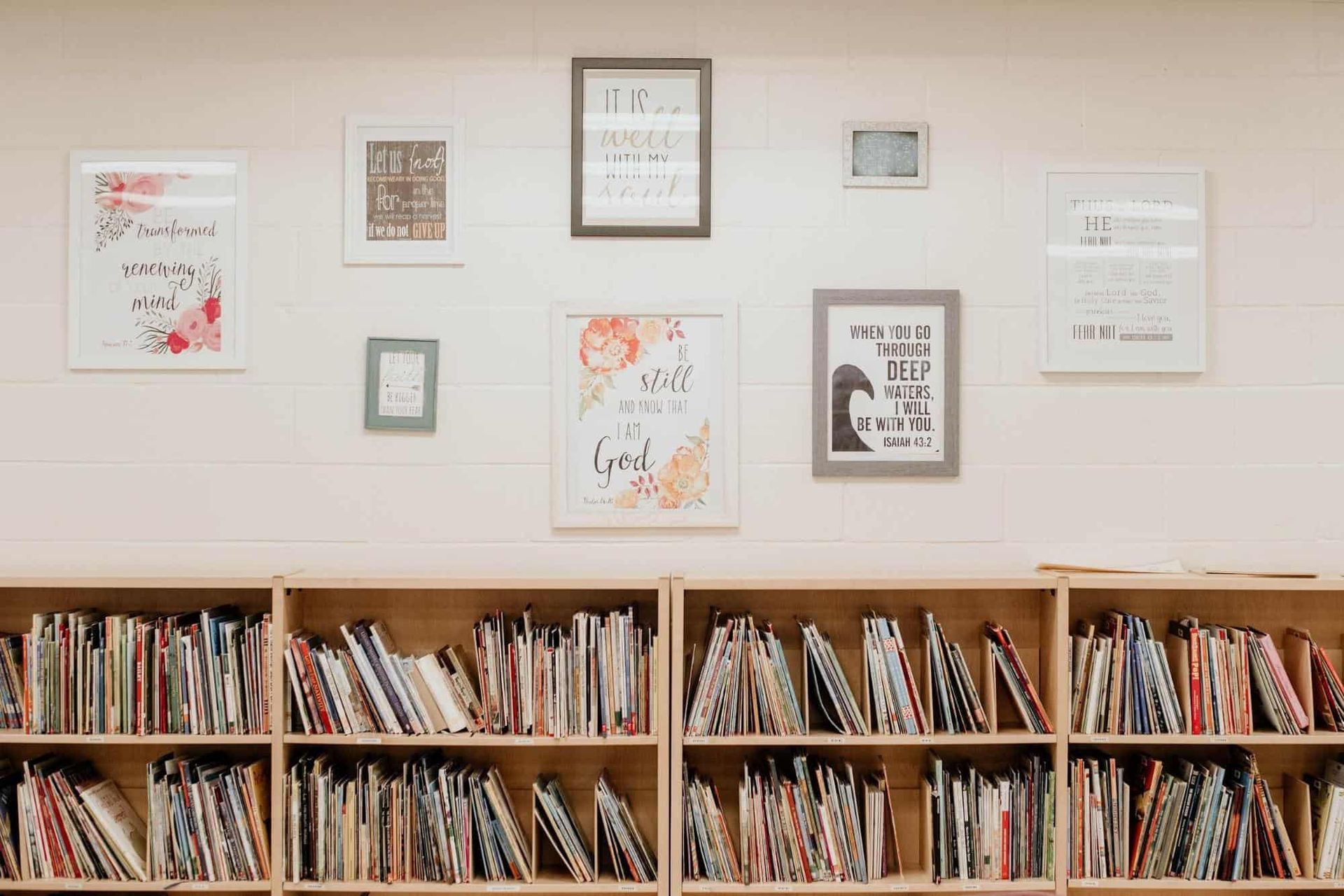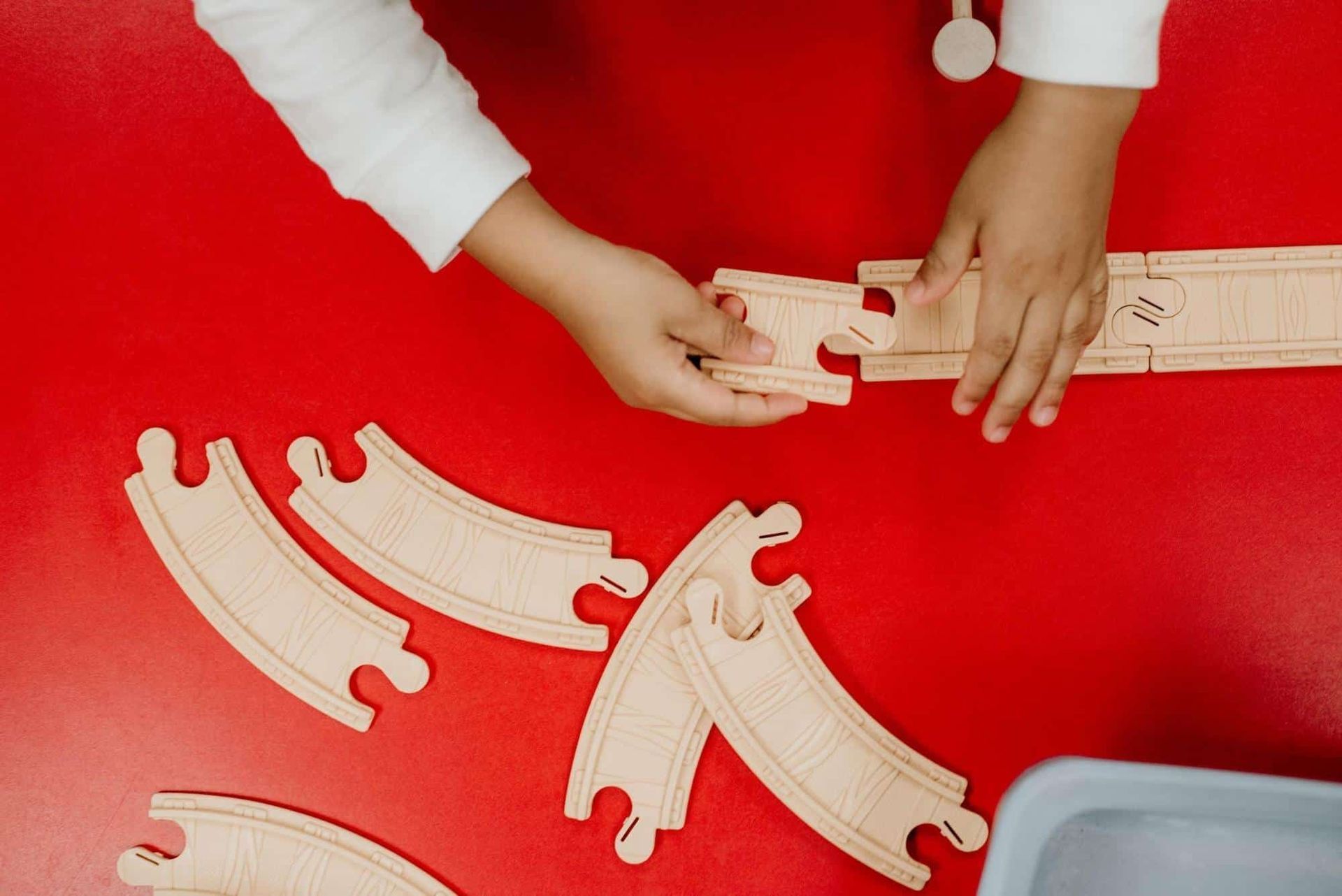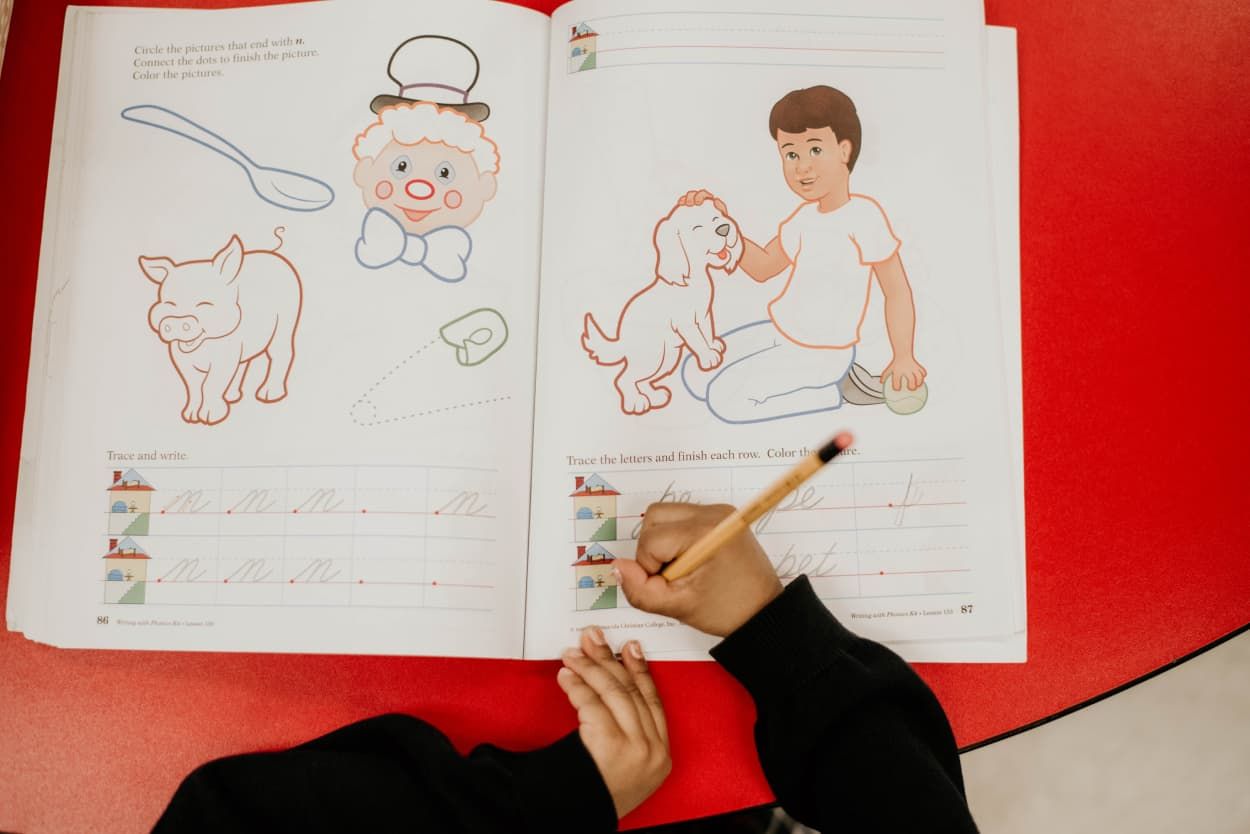STEM Education: Why It’s Important for Your Child
From arguments over the common core to whether or not extracurriculars like fine art and music should be included in a child’s learning plan, discussing modern-day education can be daunting. However, one educational program found favorable by most educators and parents is STEM. Here is what the STEM curriculum means for your child’s education.
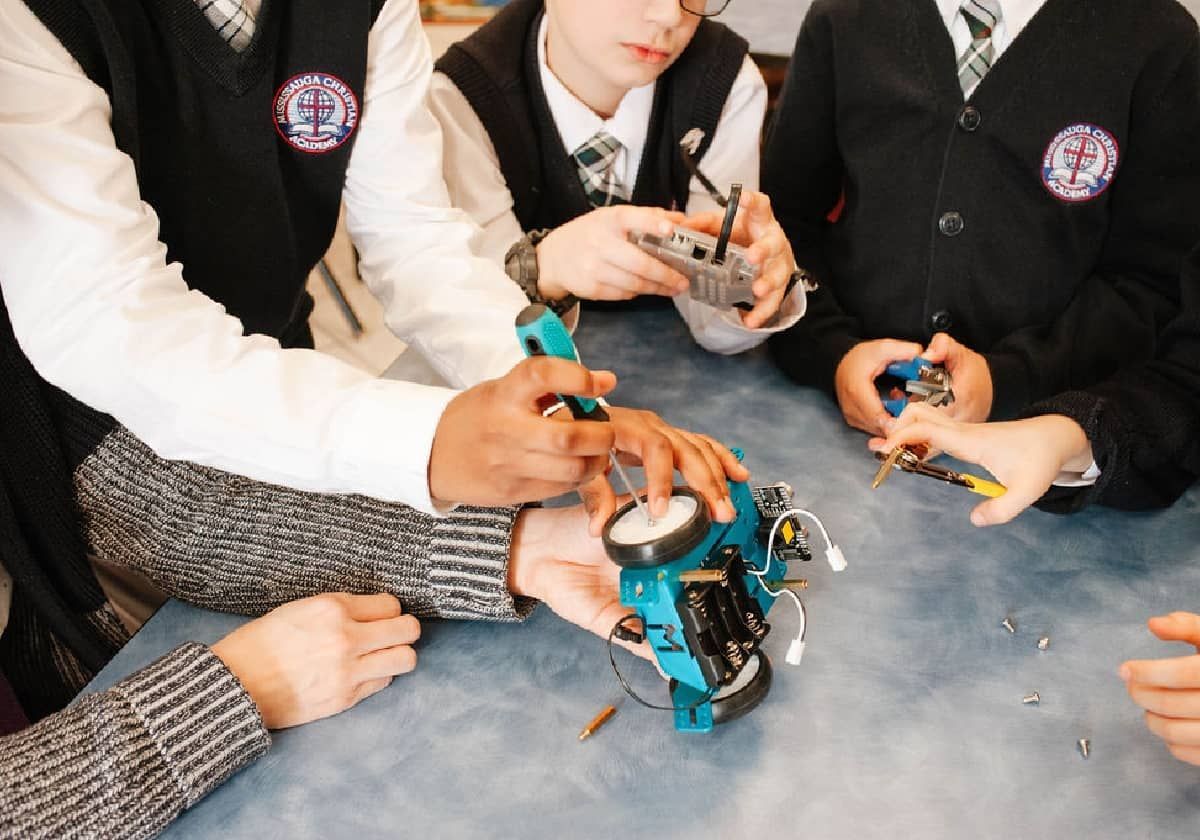
1. What Is STEM Education?
If you’re not familiar with the acronym “STEM,” you’re not alone. Given that it was introduced less than twenty years ago in 2001, and is still not taught in every school, you may have never been exposed to or experienced STEM in your child’s education.
STEM is an acronym that stands for: Science, Technology, Engineering, and Math. The program was founded by the National Science Foundation in the United States. The program has continued to evolve since it’s initiation, with some now reinforcing a STEAM curriculum that includes an emphasis on the “Arts” alongside other subject matters.
While STEAM remains under debate, STEM has rapidly become a household term when considering a child’s education, partly due to America’s widespread adoption of it following President Barack Obama’s initiatives in 2011. The concept of STEM has also continued to gain similar attention in Canada.
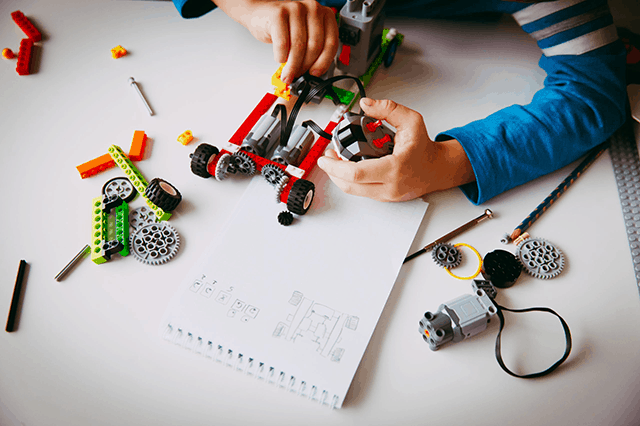
2. STEM Education in Canada
With global recognition that STEM curriculum helps better prepare children for forward-thinking careers and opportunities, Canadian leaders have stressed finding new ways to implement STEM thinking and teaching into everyday learning. However, implementing these initiatives has proven to be more difficult than anticipated.
While many initiatives have been implemented in an attempt to generate more interest in STEM education, Canada still lacks a single comprehensive and complete plan for adopting and measuring such initiatives at any one level.
Ideally, STEM education can and should be integrated into student learning from a very young age to begin exposure to these subjects as early as possible. Through early exposure of STEM, children grow up noticing and discovering Science, Technology, Engineering, and Mathematics in the world around them.
Still, public and large schools find it immensely challenging to rethink their entire approach and find ways to fit STEM in, especially with a need for curriculum to flow as students constantly move from one grade to the next in a never-ending cycle. It begs the question: Just when will schools have the chance to fit STEM in?
Ultimately, implementing a STEM curriculum is much easier done at a smaller level, such as private schools—this is why MCA has proven to be a leader in STEAM-first education.
Given our small class sizes and limited student-to-teacher ratio, we have been able to embrace STEM subjects from the start and continuously evolve our approach as new recommendations and initiatives launch. This results in MCA students receiving more valuable STEM learning opportunities than they would in any other Canadian school of the same caliber.
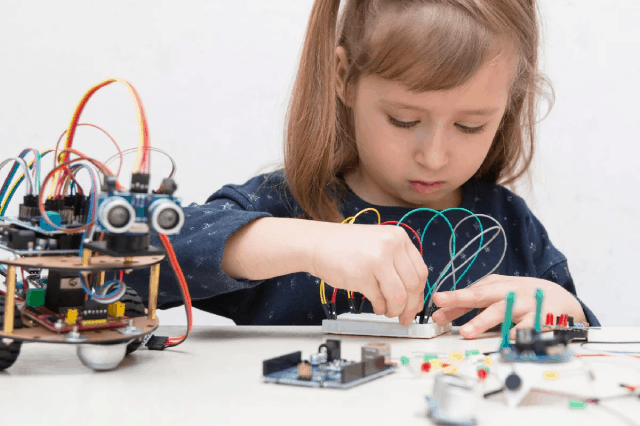
3. Why Is STEM Education Important?
Stepping back and taking a look at the big picture, the importance of STEM education is obvious. With a global shift towards the subjects of Science, Technology, Engineering, and Math across industries, STEM helps prepare students for their future education and careers.
When implemented correctly, STEM enriches the curriculum by promoting a deeper understanding in their personal learning. Students in quality STEM programs not only develop a better grasp of the world around them, but they’re also enabled to form interests and passions relating to the digital economy, programming, robotics, and other pressing topics.
Altogether, it is evidenced that STEM helps better prepare students for the world that they will one day find themselves stepping into on their own. Of course, as with any education plan, educators can’t just put pen to paper — they have to find ways to get students engaged.
4. Getting Children Interested in STEM
Both parents and teachers play a role in motivating a child’s interest in STEM programs. Fortunately, here at MCA, we have a student-to-teacher ratio of just 13:1. These competitively small class sizes help us engage students regardless of the subject matter, but it proves especially powerful when dealing with STEM curriculum.
We believe that STEM is best taught not solely through textbooks but through hands-on learning and real-world examples. Therefore, thanks to our smaller class sizes, we’re able to get students truly intrigued by the STEM subjects through classroom examples, workshops, field trips, and more.
Parents play an important role, too. By simply talking to your children about what they’re learning and helping them put the information into perspective — like by framing a new interest with the potential for a hobby or career — you can help cultivate your child’s STEM education at home and beyond.
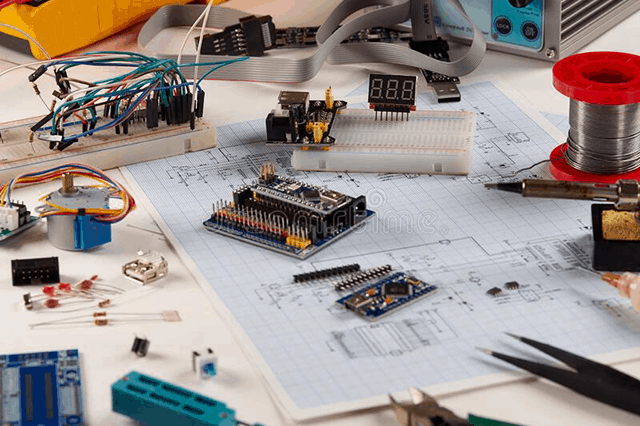
5. Overcoming The Challenges of STEM Education
It’s no secret that a proper STEM education requires an abundance of resources alongside highly trained and motivated staff. Without these things, students won’t just be disengaged, but may also feel overwhelmed when the curriculum is poorly taught or not taught to completion.
As a private school, MCA is able to teach the advanced aspects of STEM at every grade level. Following the proven recommendations and initiatives found in Canada and around the world, we’re proud to build a curriculum that engages students of all ages and helps ignite their inner passions for the world around them.
Interested in learning more about how MCA uses STEM education in our everyday curriculum? Have questions about what your child will be learning? Dive deeper into what we teach at each grade level by clicking here or reach out to us directly for answers to all of your questions.
